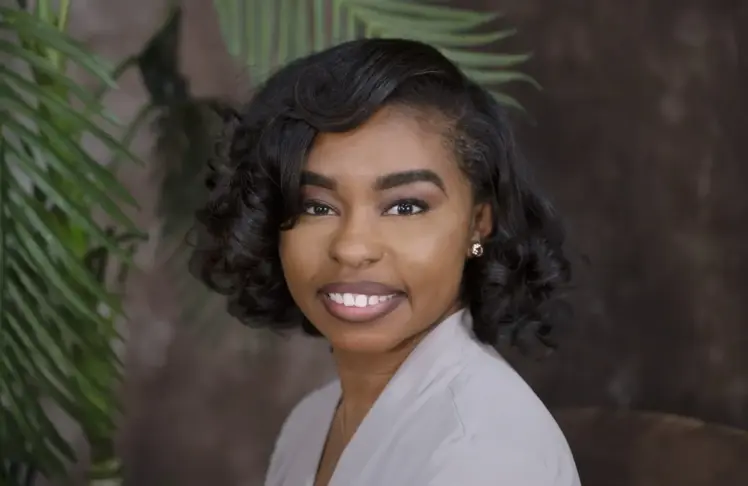
This post was originally published on Afro
By Lanai Wells
The Protect Black Women and Girls Act was introduced into Congress on Feb. 14 by Representative Robin Kelly from Illinois’s Second Congressional District. This piece of legislation is currently being co-sponsored by 30 other representatives including Representative Maxine Waters (D-Calif.), Representative Jasmine Crockett (D-Texas) and Representative Lucy McBath (D-Ga.).
This act would establish a task force to examine the “conditions and experiences of Black women and girls in education.” For several decades, members from the Black community have protested that there should be more attention and consideration put forward for the unfortunate circumstances of Black men and women throughout America within our communities, in our educational opportunities, and our economic plights. It has been unfortunate to see that this bill has only a two percent prognosis of being enacted into law. This bill should have much more media attention than it currently has and should receive more support within our communities.
This bill will essentially allow lawmakers and our law enforcement agencies to be held accountable for paying attention to harm within our communities. This task force will be essential in identifying and assessing the efficacy of policies and programs of federal, state, and local governments. The disparities that Black girls experience are at a high rate in school expulsions and not receiving equal educational opportunities that other ethnic groups receive.
According to Traffick911, a Texas-based nonprofit that provides resources to survivors of trafficking, the arrests being made for young Black women are at 53 percent for prostitution cases. Additionally, as of February 2024, 52 percent of young Black women and girls are being human-trafficked. Young Black women in our communities are not being given the resources that they need to choose a better life for themselves and their children, which will ultimately lead them to feeling like they have to do whatever it takes to survive.
It is the responsibility of our government to make resources and education available to underserved communities in an effort to prevent our young women from going down the wrong paths.
These representatives are requesting one member from many different agencies including The Department of Health and Human Services, The Department of Justice, and The Department of Education to be a part of this task force along with an officer of a defender organization and two representatives that have experience working on culturally sensitive issues that are unique to the needs of Black women and girls.
A few of the beneficial offerings of this bill are listed here:
- The implementation of community led educational and support programs for African-American girls in kindergarten through grade 12.
- The creation of economic development programs including pre-apprenticeship programs and programs that will give priority to Black women owned businesses.
- The development of studies for the health of Black women including mental health, maternal health, gender and culturally responsive domestic violence relationships.
This act is essentially a bill that will help to identify several disparities that we as Black women face in our society. This act will create essential community based response centers and groups to readily assist Black women of all age groups, socio-economic backgrounds, and educational backgrounds. I would highly recommend that everyone read this introduced bill for themselves and review the many benefits that this bill will offer to Black women and girls throughout the United States.